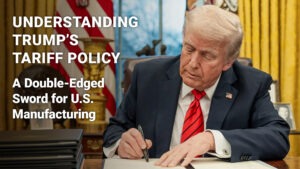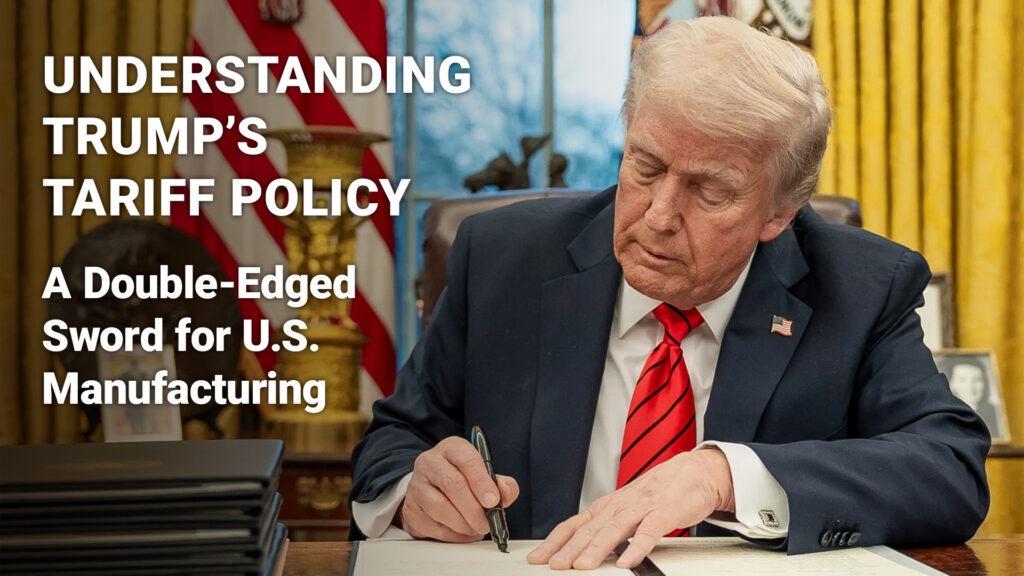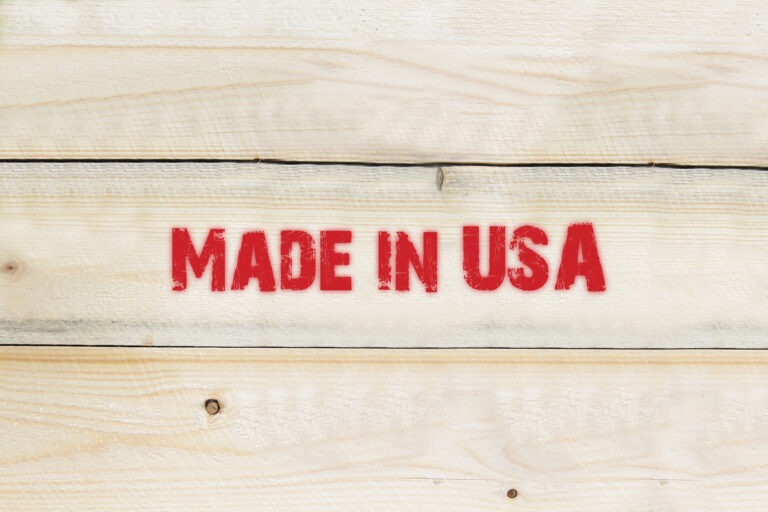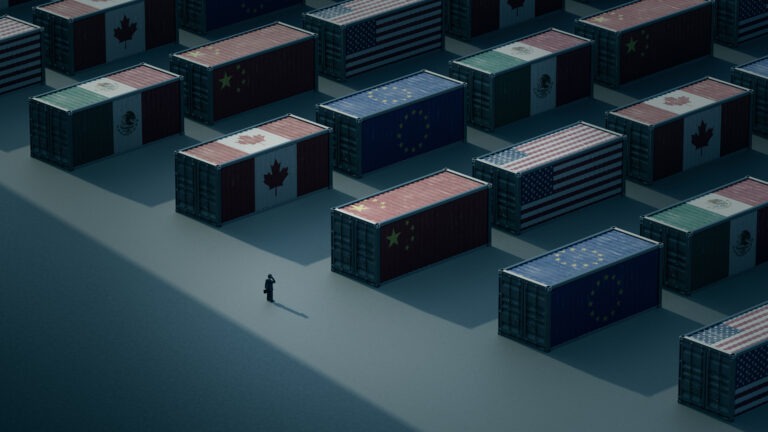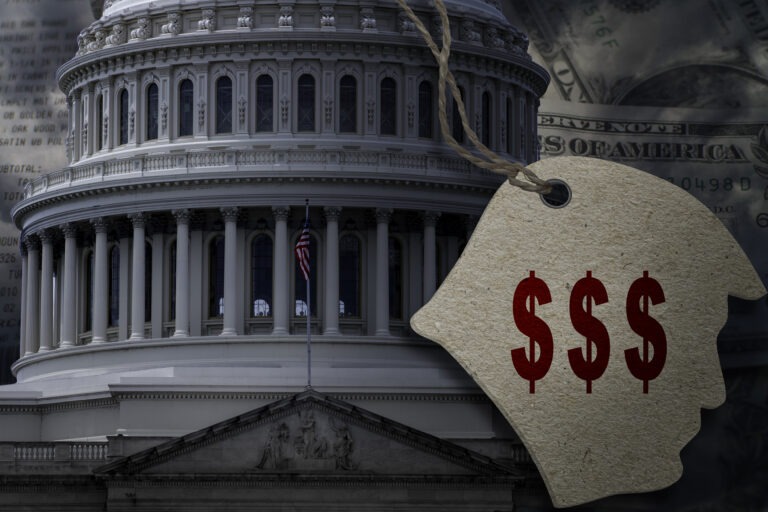Despite these potential benefits, there are significant concerns about the impact the tariffs could have on the broader economy, and particularly on U.S. manufacturers themselves.
The most immediate concern is the rise in production costs.
Many U.S. manufacturers rely heavily on imported materials, such as steel, aluminum, and electronic components, to produce finished goods.
With tariffs on these raw materials, the cost of production will inevitably rise.
This could lead to higher prices for consumers, as manufacturers are likely to pass these increased costs on to their customers.
For industries like electronics, automotive, and technology, which depend on international supply chains, the tariffs could disrupt the delicate balance of production and force companies to either find more expensive domestic alternatives or absorb higher costs.
In some cases, the increase in production costs could even make it impossible for U.S. manufacturers to remain competitive in both domestic and global markets, leading to a reduction in output or a shift in production overseas.
Another risk is the potential for retaliatory tariffs from U.S. trade partners.
Countries that are affected by the U.S. tariff increases could retaliate by imposing their own tariffs on American products.
This could hurt key U.S. industries, such as agriculture, aerospace, and high-tech manufacturing, which rely heavily on exports.
If other countries raise tariffs on American goods, it could hurt U.S. companies’ ability to access international markets, reducing overall export revenues and potentially leading to a slowdown in production in some sectors.
The tariffs could also have a negative impact on consumers.
While the goal is to protect U.S. jobs and industries, the reality is that higher tariffs typically lead to higher prices for imported goods.
This would result in higher costs for everyday consumer goods, from electronics to household items.
For many American families, the increase in prices could outweigh the benefits of job creation, especially if wages don’t increase at a similar pace.
This could lead to frustration among consumers, as they face rising prices with no immediate relief.
Finally, the broader global economy could feel the effects of the U.S. tariff policy.
Global supply chains are highly interconnected, and any disruption in trade can have ripple effects across various industries.
If manufacturers in the U.S. or abroad face higher costs due to tariffs, they may cut back on production, which could lead to job losses, reduced trade, and an overall slowdown in economic activity.
Moreover, if other nations take a more protectionist approach in response, it could lead to a global trade war, with long-term consequences for economic stability.
